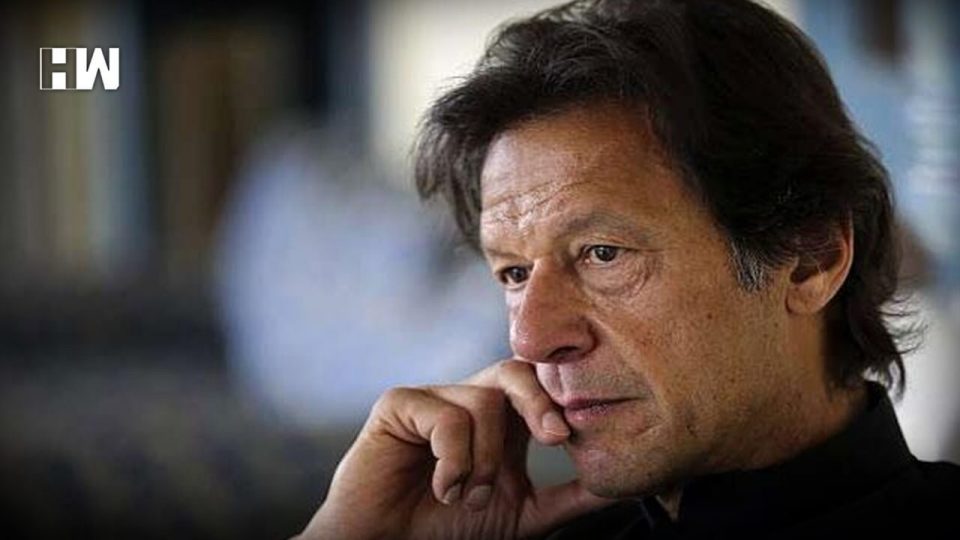Islamabad | Pakistan on Tuesday signed three loan agreements worth a total of USD 918 million with the World Bank, Prime Minister Imran Khan’s adviser on finance has said as the cash-strapped country tries to overcome a ballooning balance-of-payments crisis that threatens to cripple its economy.
The amount will be used to fund three projects — USD 400 million each on Pakistan Raises Revenue Programme and Higher Education Development in Pakistan and USD 118 million on Khyber Pakhtunkhwa Revenue Mobilisation and Resource Management Programme, Dawn news reported.
Prime Minister Khan’s Adviser Shaikh witnessed the signing of the three agreements between Country Director of World Bank Patchamuthu Illangovan and Economic Affairs Division Secretary Noor Ahmed, the representatives of the Higher Education Commission and Government of Khyber Pakhtunkhwa.
Under the revenue programme, USD 400 million will be spent for sustainable increase in domestic revenue by broadening the tax base and facilitating compliance.
The target of this component is to increase Pakistan’s tax to GDP ratio to 17 per cent, increasing the number of active taxpayers to 3.5 million, reducing the compliance burden of paying taxes and improving the efficiency of customs controls.
Another USD 400 million is meant for Higher Education Development and its objective is to support research excellence in strategic sectors of the economy, improve teaching and learning and strengthening governance in the higher education sector.
The third component of USD 118 million is meant for revenue mobilisation and resource management in Khyber Pakhtunkhwa (KP) province.
It aims to help KP mobilise its own source of revenue to address the constraint of limited fiscal space for investment and public service provision and efficient and strategic use of the province’s financial resources.
Sheikh thanked the World Bank “for extending their continuous support to Pakistan’s government in its efforts to achieve the sustainable economic development of the country”.
Pakistan is seeking help from multiple lenders like the IMF, the World Bank and the ADB to overcome a ballooning balance of payments crisis.
Last month, it reached an agreement in principle with the International Monetary Fund (IMF) for a three-year, USD 6 billion bailout package aimed at shoring up its finances and strengthening a slowing economy.
Meanwhile, the Asian Development Bank (ADB) has said it is holding meetings with Pakistan on loans.
“These discussions are ongoing and details of the plans as well as the volume of ADB’s financial support, once finalised, will be contingent upon the approval of ADB management and its Board of Directors,” ADB’s Country Director for Pakistan Xiaohong Yang said.
China is investing heavily in Pakistan under the USD 60 billion China-Pakistan Economic Corridor (CPEC).
Launched in 2015, the CPEC is a planned network of roads, railways and energy projects linking China’s resource-rich Xinjiang Uyghur Autonomous Region with Pakistan’s strategic Gwadar Port on the Arabian Sea.
The US has serious reservations over global lenders like the IMF providing a bailout to Pakistan to pay off Chinese debts.
Secretary of State Mike Pompeo in the past warned that any potential IMF bailout for Pakistan should not provide funds to pay off Chinese lenders, saying “we will be watching what the IMF does… there is no rationale for IMF tax dollars and associated with that American dollars that are part of the IMF funding, for those to go to bail out Chinese bondholders or China itself”.
As an independent media platform, we do not take advertisements from governments and corporate houses. It is you, our readers, who have supported us on our journey to do honest and unbiased journalism. Please contribute, so that we can continue to do the same in future.

